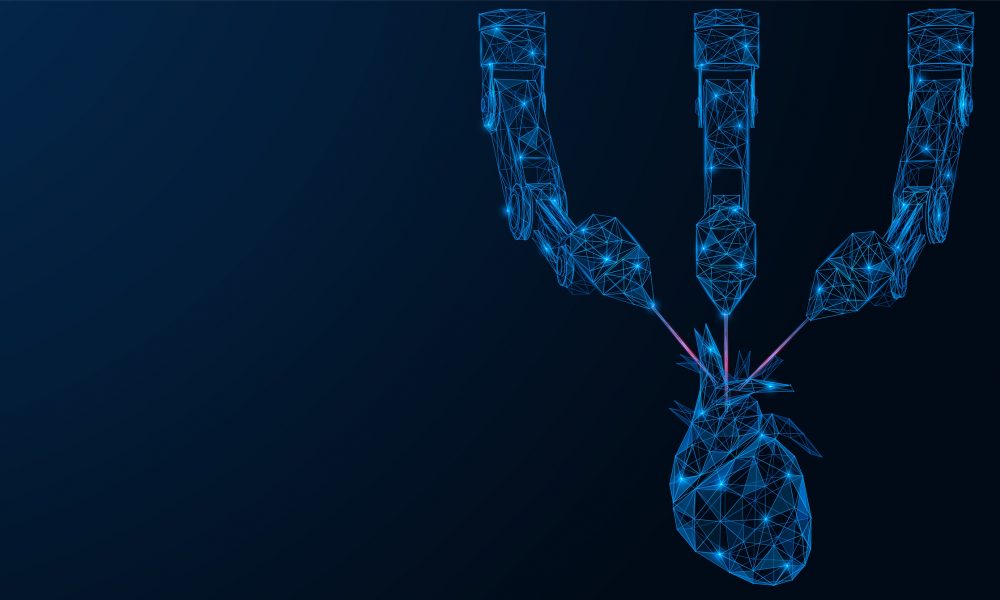
Patients with failing organs develop rapidly serious complications and billions of lives are lost due to inaccessible prevention, diagnosis and treatment. Donor organs strategies are unsustainable, inaccessible and risky for patients. As experts in the field of tissue engineering, regenerative medicine and more specifically biofabrication, our multidisciplinary team is focusing on novel approaches for diagnosis and treatment of patients.
Additive manufacturing (3D printing and 3D bioprinting) enables us to create patient-specific implants with notorious advantages when compared to off-the-shelf solutions. Several approaches are being developed to create biodegradable implants, which in combination with patient-own cells promote tissue regeneration and repair. Furthermore, tissue models are being created in the lab as diagnosis tools for safer therapies. Our technologies are being globally recognized to solve health problems spanning from cardiovascular diseases to cancer, which are top-ranked causes of death globally. Our main goal is to create a global network to build sustainable, accessible and reproducible 3D (bio)printed solution to address healthcare and patient challenges in disadvantaged communities. We will use our knowledge and skills to impact society’s, public health and higher education.
With the support of WUN Global Network, we will reach these communities to understand how to enable our goal, while educating future stakeholders and creating awareness of general audience. This will allow the translation of these technologies and approaches to clinics that is frequently impaired by the lack of expertise and resources within disadvantaged communities. We will work together with stakeholders from healthcare, industry and academia to bring novel approaches from the bench to the bedside. This will allow us to build a roadmap on how to bring these technology platforms to disadvantaged communities while educating the next generation of biomedical experts.